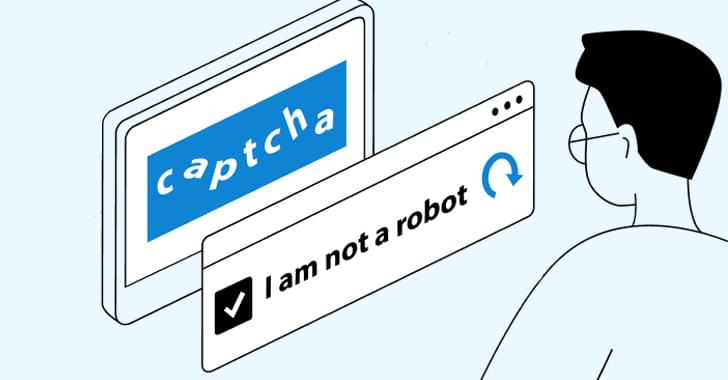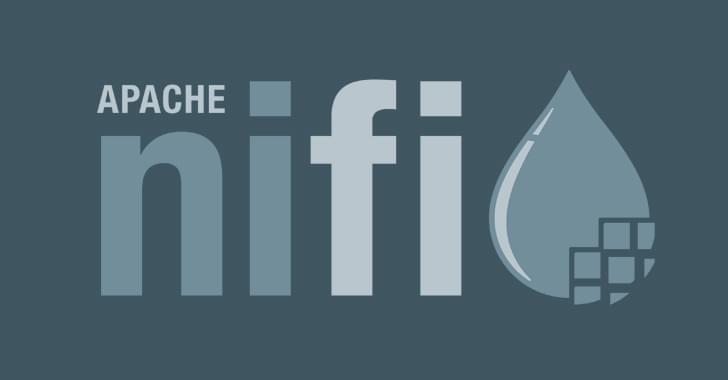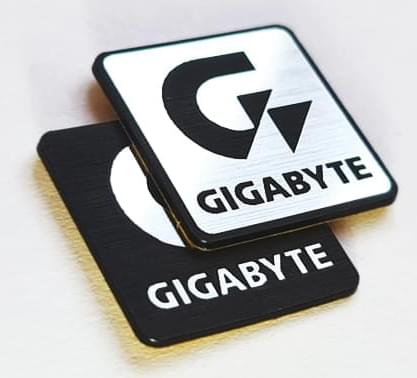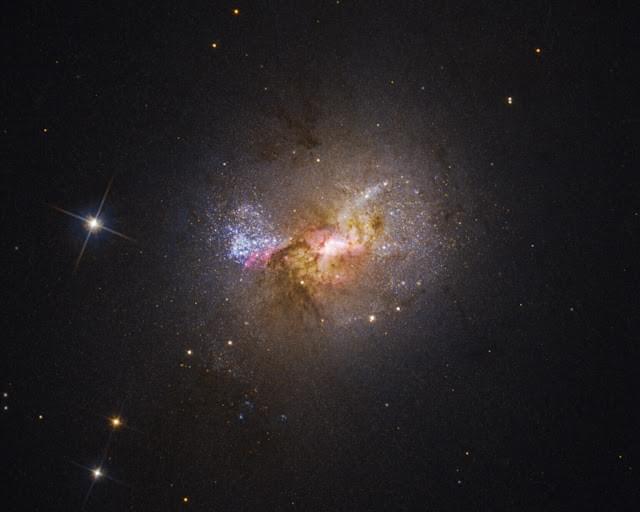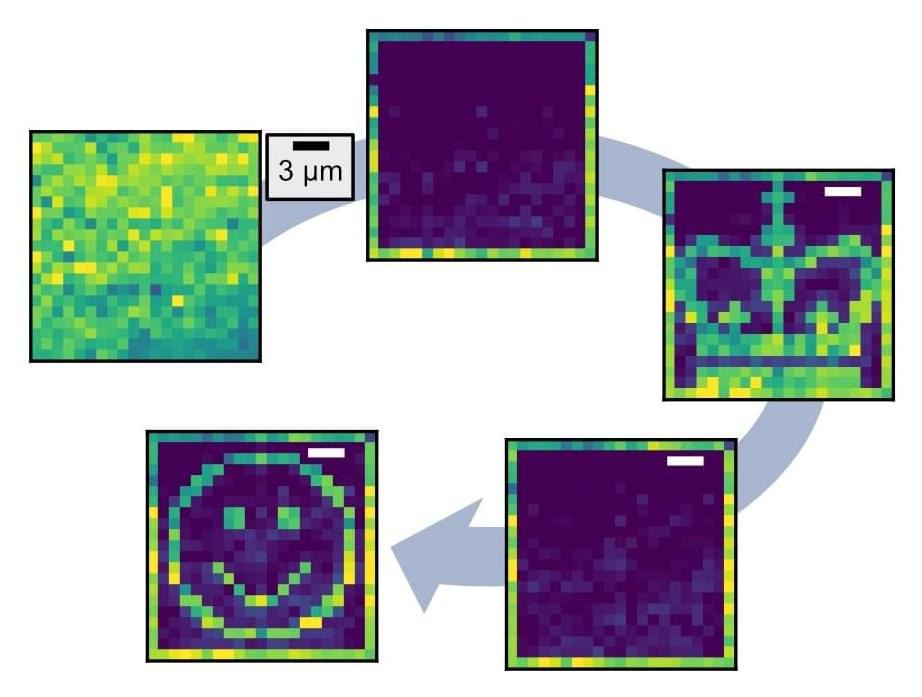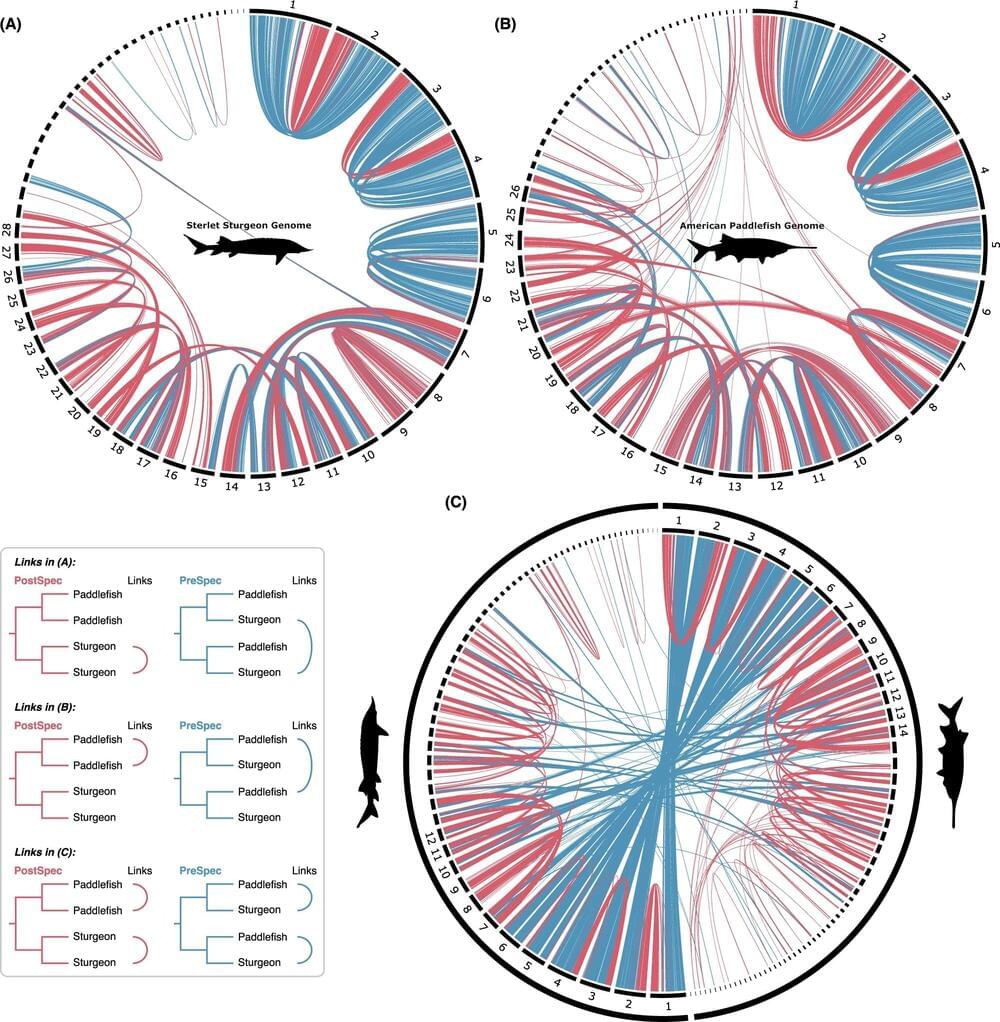Cybersecurity researchers are warning about CAPTCHA-breaking services that are being offered for sale to bypass systems designed to distinguish legitimate users from bot traffic.
“Because cybercriminals are keen on breaking CAPTCHAs accurately, several services that are primarily geared toward this market demand have been created,” Trend Micro said in a report published last week.
“These CAPTCHA-solving services don’t use [optical character recognition] techniques or advanced machine learning methods; instead, they break CAPTCHAs by farming out CAPTCHA-breaking tasks to actual human solvers.”
